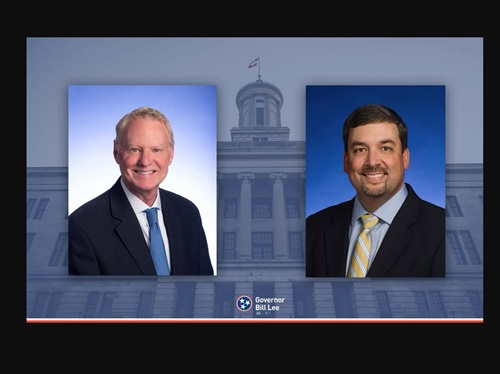The Wyoming Transportation Commission recently awarded $67.2 million to fund seven major transportation projects during its September meeting as state lawmakers seek to implement a road usage charge or RUC during the current legislative session to bolster state transportation revenues.
[Above photo by the Wyoming DOT.]
The Wyoming Department of Transportation will oversee the seven projects given the green light by the state’s transportation commission; projects that include making pavement repairs to Interstate 80 as well as add climbing lanes and parking availability for commercial trucks.

The agency noted in a statement that those specific I-80 focused projects – scheduled for completion in late November 2021 – should also improve highway safety and efficiency for all I-80 travelers, motorists and truckers alike.
Meanwhile, news reports indicate state legislators want to implement a RUC or pay-by-mile system to replace traditional fuel taxes, which have begun to fall out of favor due to levels of increasing fuel efficiency and the rise of hybrid and electric vehicles – particularly as the Wyoming DOT is facing a significant budget deficit aggravated by the COVID-19 pandemic.
In July, K. Luke Reiner – Wyoming DOT’s director — said his agency would delay 11 construction projects and review local transportation programs due to “long- and short-term funding issues” caused by reductions in fuel tax revenues, petroleum market revenues, and other fees – with the COVID-19 outbreak expected to create “additional” budgetary impact as well.

That “delay” means reallocating about $436 million over the next six years from new capacity improvement efforts to asset maintenance projects, he said at the time.
“We are operating in unprecedented times exacerbated by the coronavirus pandemic and we need to look at every avenue to save money,” he said in a statement.
“WYDOT’s state and federal funding streams also have not kept pace with the needs of the state-owned transportation system for maintenance, construction and improvements or even inflation.,” Reiner pointed out. “The impact of the coronavirus pandemic has further compounded those issues.”
 States
States


